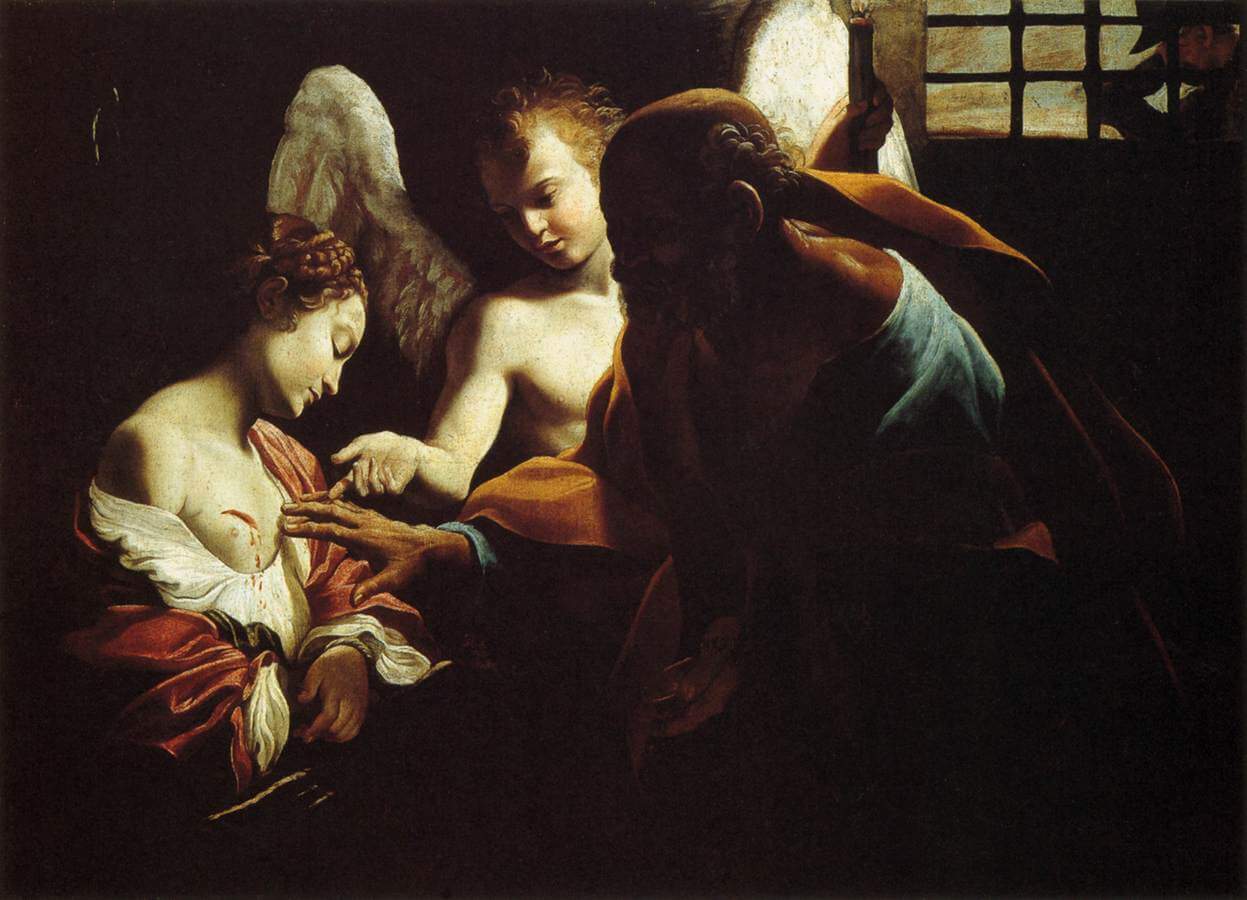I Am The Classical Christian Villain

The real villains, if my students are to be believed, are all the mediocre, wishy-washy Christians out there. The mediocre Christians are ruining it for the rest of us. We are the real believers, but there are others who are only in it for free coffee. There are mediocre Christians out there who only go to church because they like their political convictions parroted back to them. They go to church because they enjoy talking with people who shake their heads about the same headlines. But not the real Christians. We go to Church because we love God.
My students tend to draw the line very generally, perhaps thinking of kids in youth group who smoke weed and trade sexual favors whenever they think of “fake Christians,” and then themselves as the “real Christians.” I suspect that the kids who smoke weed also think of themselves as “real Christians,” and the ones who are too uptight to admit they are jealous and arrogant as “fake Christians.” Young Christians who give in to vice tend to think of themselves as “real Christians,” while those who don’t think of themselves as “real Christians.” Perhaps it is not only my students who believe the real war is between real Christians and fake Christians. As Christians age, they become more refined and exact in their manner of distinguishing real from fake. The fake Christians are the ones who don’t fast. Or the ones who do fast, but won’t shut up about it on Facebook. Or the ones who aren’t chaste. Or the ones who baptize their babies and make like they’ve actually done something. Or the ones who convert to Catholicism for shallow reasons. Or the ones who vote Democrat. Or the ones who get divorced. Or the ones who let their sons watch Game of Thrones. Or the ones who vote Trump. Or the ones who don’t even know what the Nicene Creed is.
Granted, any of these might be problematic on a national level, but so far as a classical education is concerned, none of these is much of a problem if it is not a sin you are prone to commit. Because classicism is neither a movement nor a party, classicism is not concerned with the national problem of adultery, cafeteria Catholicism, or paedobaptism. A classical education is about the formation of virtue in you, the eradication of vice in you. This means that classical education begins with the assumption that you are the problem, the weak link, the prodigal. You are the sick one in need of healing. Classical education assumes that when the people in some small town in Kentucky think of mediocre, wishy-washy Christians, they are thinking of you, the classical teacher, and you, the classical student.
The thing is, classical education is particularly well-suited to exposing teachers and students to reasons for humility. A classical student is going to read about the radical humility of St. Francis, the courage of Roland, or how St. Bartholomew was skinned alive and bled to death. The classical student will learn how St. Lawrence was slowly roasted to death, or how St. Agatha preferred to have her breasts ripped from her torso than deny the Resurrection of Christ. As someone who lives in the city, thinks ever of my own stomach, and has confessed the exact same embarrassing sins over and over for seven years, I hear the stories of the martyrs and I have a hard time thinking the problem is “all those mediocre, wishy-washy Christians out there.” I have not seen through the BS. I am not divorced and I do not vote Democrat, but I am quite certain the problem is me. Even my prayers are weak. I have not prayed for the faith to survive the martyr’s test, I have simply asked to never be put to the choice.
Giving and receiving a classical education has given me a genuine vision of human heroics, and I have no part in them. I have not held up the heavens. The student will not become righteous unless he sees his teacher live and move and have his being in repentance and confession. We find ourselves in a delicate moment in our nation’s history; classicism cannot merely be the informed, well read, Augustine-referencing voice of ceaseless outrage.

Joshua Gibbs
Joshua Gibbs teaches online classes at GibbsClassical.com. He is the author of How To Be Unlucky, Something They Will Not Forget, and Blasphemers. His wife is generous and his children are funny.










